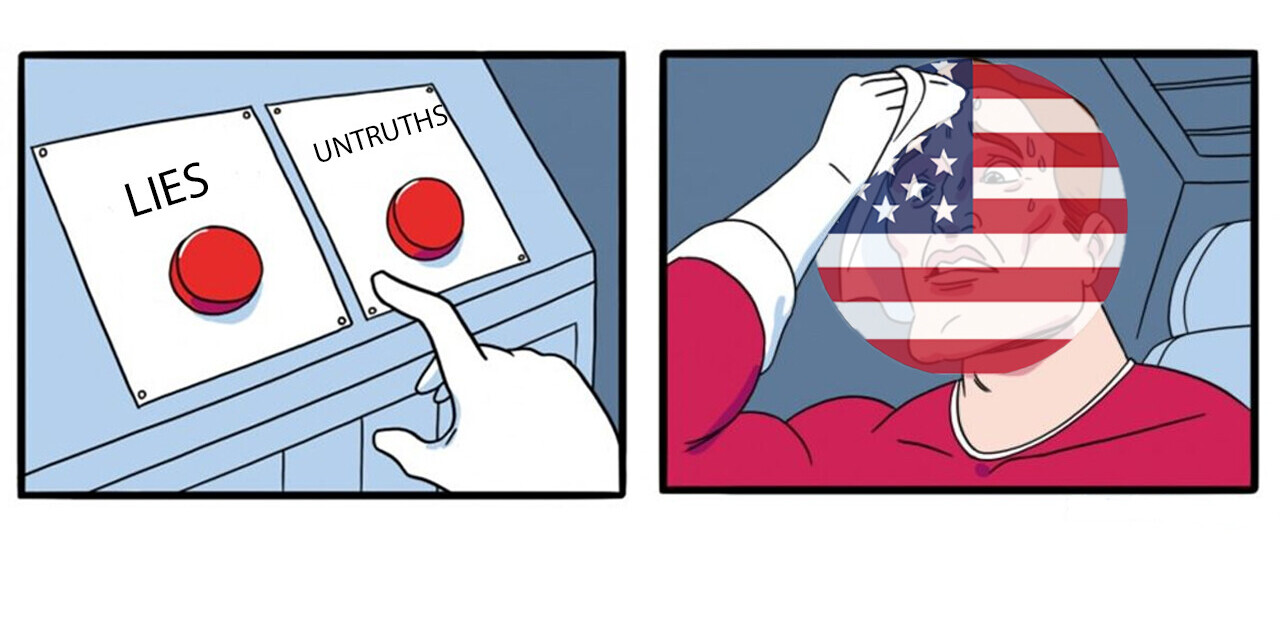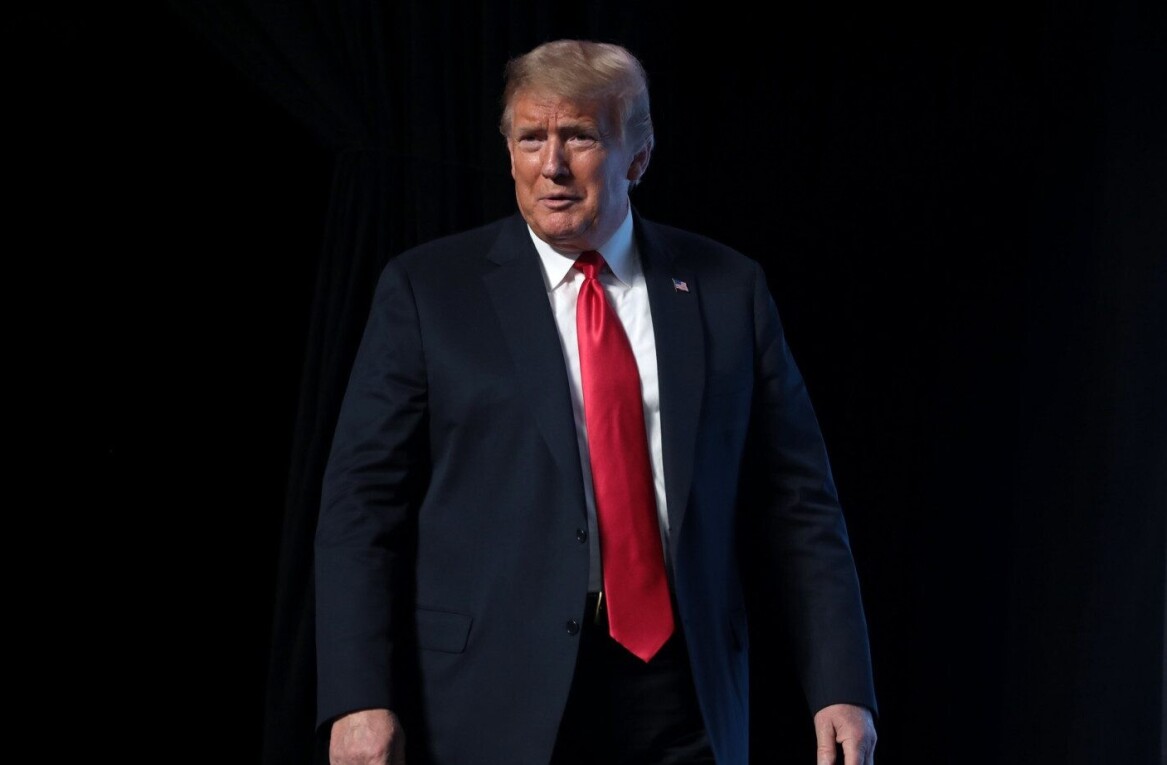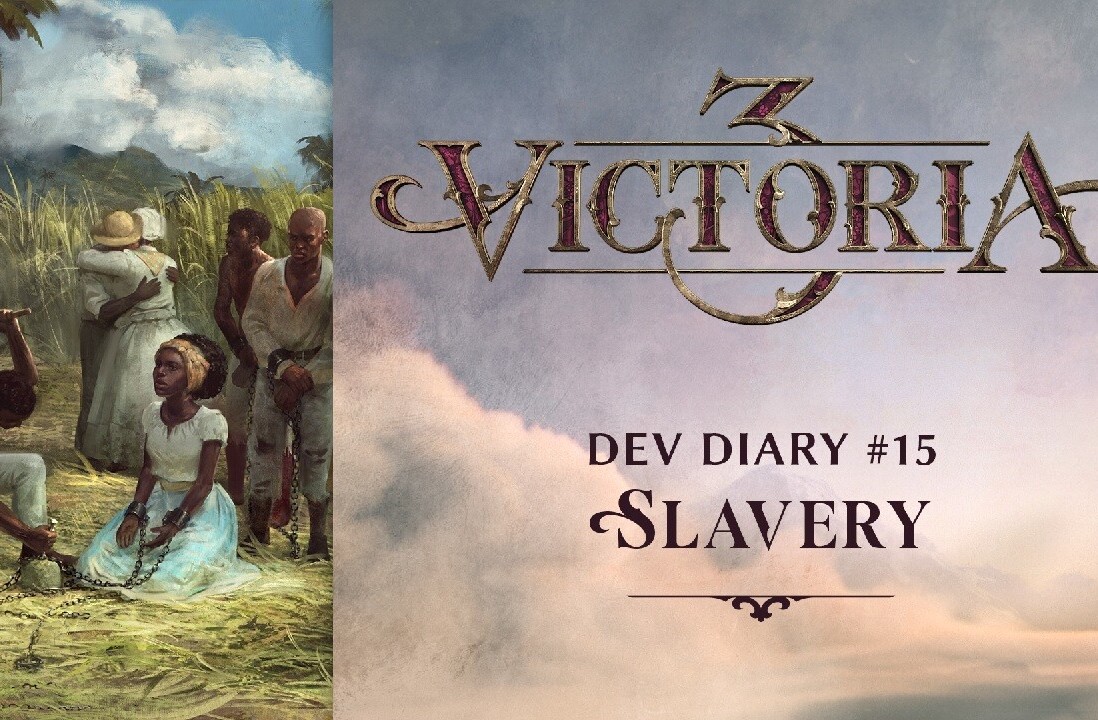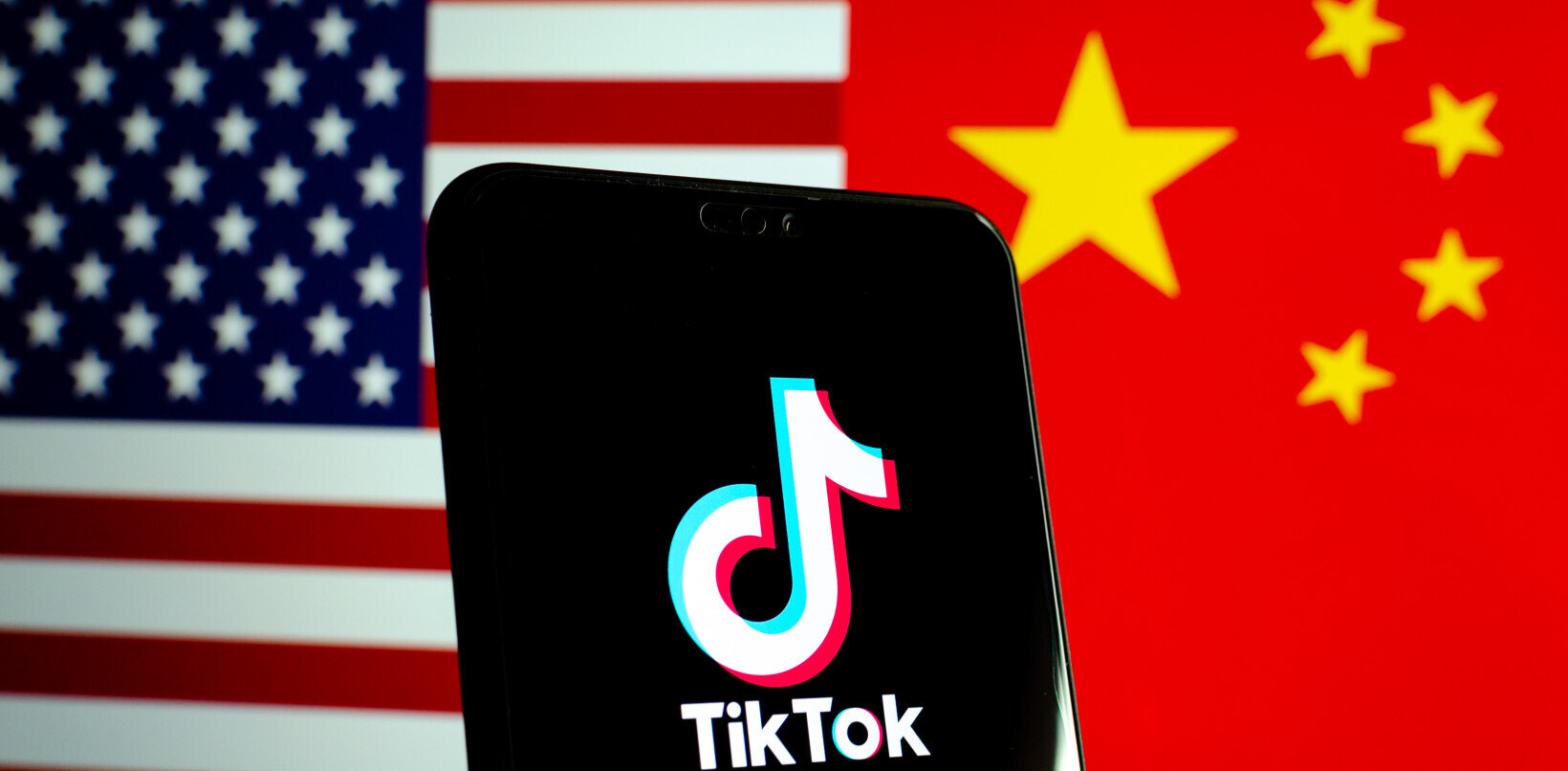
 Yesterday Senator Patrick Leahy (D, VM) introduced a bill which, if passed, would grant special privileges to ISPs and DNS providers for complying with government censorship. The “Combating Online Infringement and Counterfeits Act,” or COICA for short, the bill would give the Attorney General and the Department of Justice each a blacklist to control. The first list would be that of domains served with a censorship order from the Attorney General.
Yesterday Senator Patrick Leahy (D, VM) introduced a bill which, if passed, would grant special privileges to ISPs and DNS providers for complying with government censorship. The “Combating Online Infringement and Counterfeits Act,” or COICA for short, the bill would give the Attorney General and the Department of Justice each a blacklist to control. The first list would be that of domains served with a censorship order from the Attorney General.
The second list, which would be maintained by the DoJ, would contain sites that are believed to be “dedicated to infringing activities.” The bill does not call for any sort of judicial review for a site to be named on this list. In the wording of the bill, service providers would only have to block access to sites on the first list, not this second one. However (and this is a big however), any provider which blocks the second list would gain legal immunity from any sort of copyright infringement case. Fear of liability is the reason why ISPs go ahead and comply with copyright watchdog groups’ requests for identifying data of suspected infringers.
There are so many issues with this bill that I figured I’d just make a list as to exactly why it’s problematic.
- The bill helps the US catch up with the Chinese in the censorship race. I don’t think the feds will en masse round up dissident bloggers and throw them into out-of-country prisons, but there doesn’t seem like much to stop the government from using a censorship order to shut down, say, WikiLeaks. As far as I’m concerned, that’s both scary and un-American.
- Unforeseen consequences of scale. If your site gets blacklisted, every page on it is gone. So let’s say the government one day has reason to censor someone’s page on Blogger. Every single user of the Blogger service is going to be out of business until the proper paperwork is filed to bring the site back up.
- Guilty until proven innocent. The DoJ needs no sort of judicial oversite to blacklist a domain, which means that any site suspected of hosting infringing material, which has historically been a civil issue, will be shut down. Given how rightsholders dish out DMCA notices with impunity, it’s not hard to imagine that someone from the RIAA could simply call up a buddy at the DoJ to get an entire site taken down. Want to make a video of yourself lampooning a new pop song? Sorry, no dice.
Anything that forces providers to block sites without first giving the domain owners or the content creators a chance to defend themselves is a large step in the wrong direction. If the internet is to remain a platform which democraticizes the spread of information, the government nor anyone else cannot be given power to shut down anything they want at the drop of a hat.
Get the TNW newsletter
Get the most important tech news in your inbox each week.




